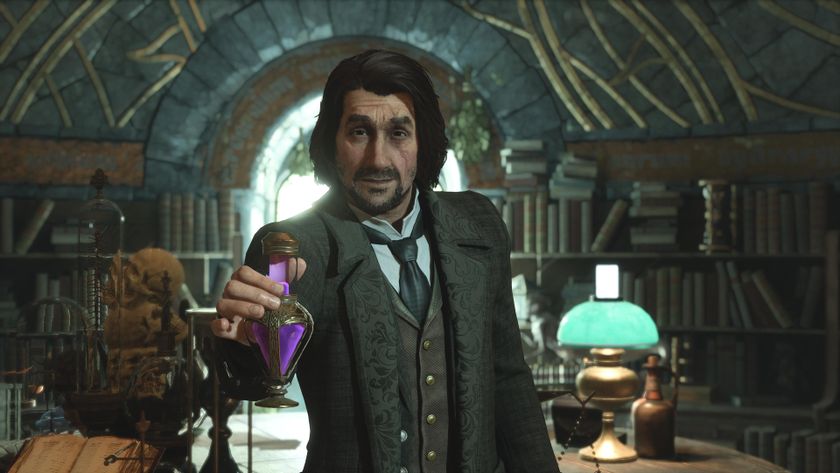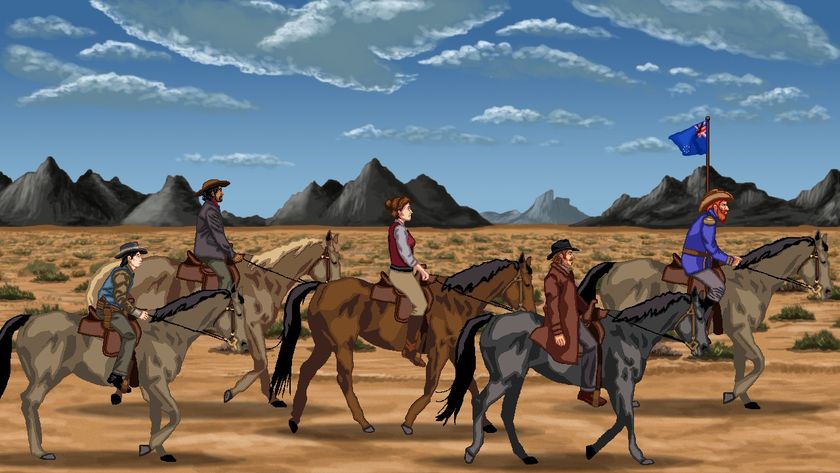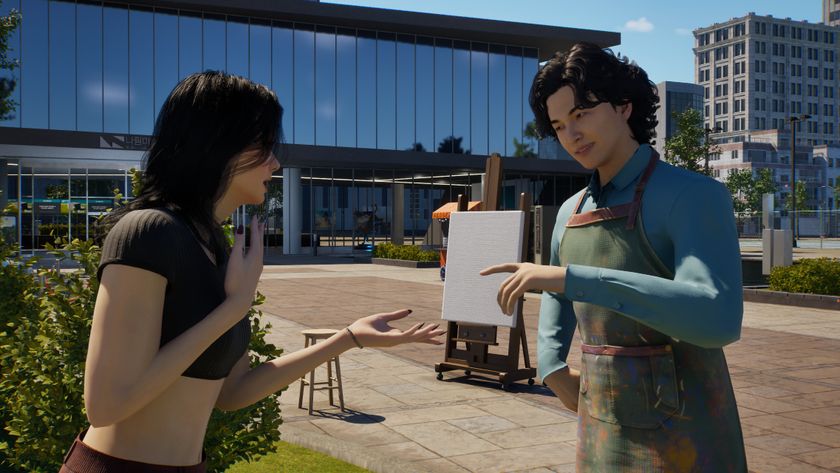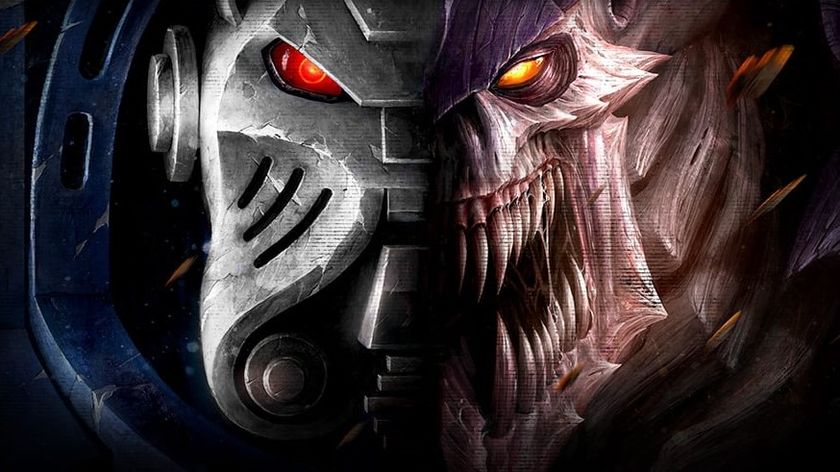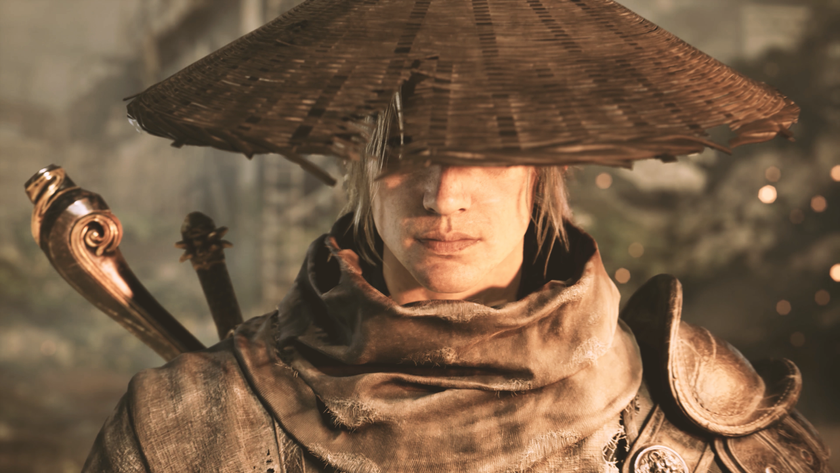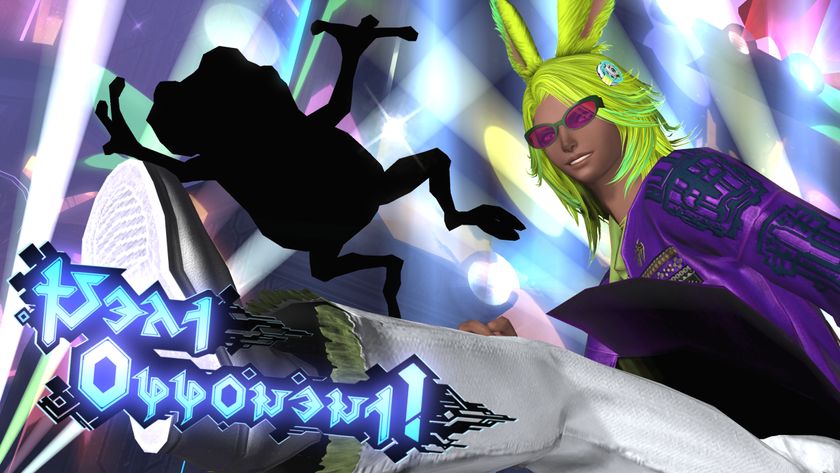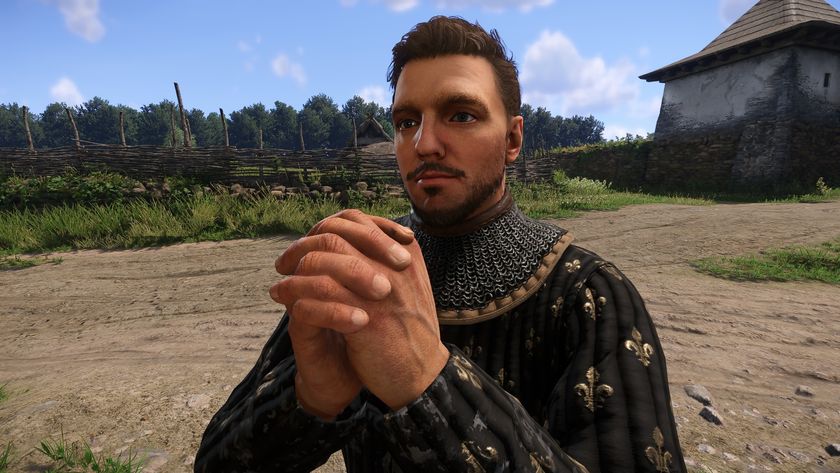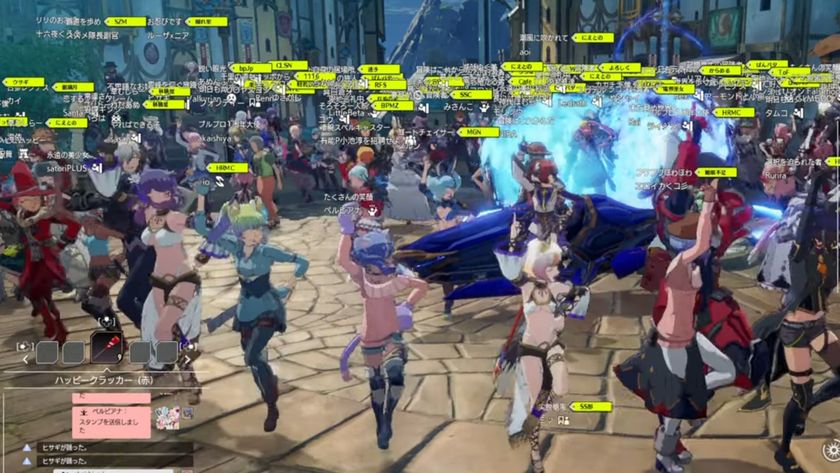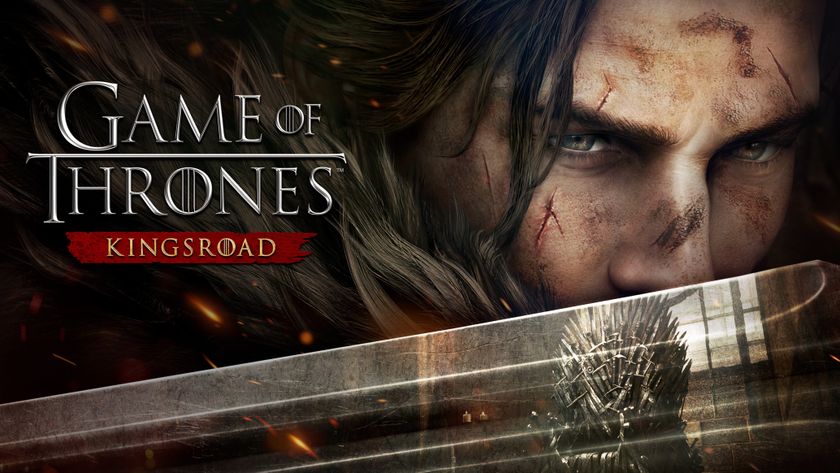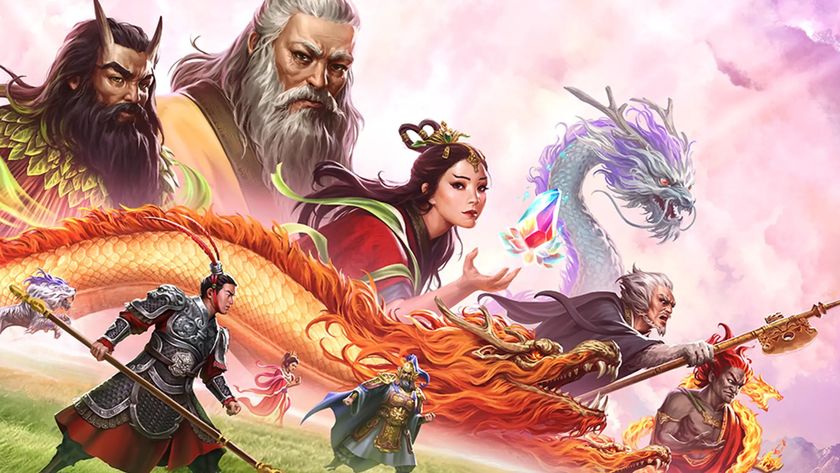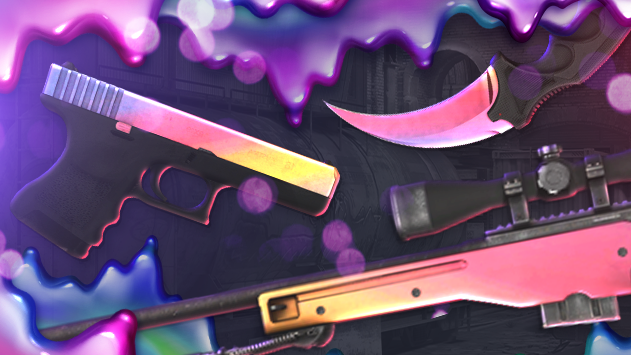I am never going to finish Sekiro: Shadows Die Twice
An ode to not bothering when things get too tough.
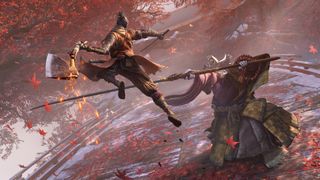
It took a dozen hours before I decided I'd never see the end of Sekiro. The giant ogre was beaten, the forest Shinobi hunter was slain. Several prosthetic modifications were in my posession. I’d fended off a giant serpent and left a Drunkard to rot. I’d pressed through enough to believe that maybe I’d learned the lesson I was meant to learn, this lesson being that I should be careful and aggressive in equal measure. Sekiro is a game about combining instincts that are seemingly at odds. Or maybe it’s not about that, and that’s why I’m bad at it.
But it’s definitely a game about learning how to play games again, and it’s widely agreed that From Software is deliberately punishing Souls veterans for their muscle memories. I played The Division 2 and it sometimes kicked my arse but I never had to learn about it. I had to point and shoot but I didn’t have to do it especially well, and besides, other games have taught me how to point and shoot—I’ve been pointing and shooting all my life. But I don’t really know how to play Sekiro. I know how to navigate the world and look for stuff, I know how to loot. But I never know how I’m going to beat the next boss. I just don’t. There are fourteen relevant buttons on my controller and Sekiro wants me to use all of them in constantly varying orders.
Dark Souls games are hard and people who deny it are either arrogant or lying. But they all have the safety net of its cooperative system, which I used to the point of exploitation. Across all three of those games I never learned to parry, I never did anything fancy, I pretty much just dodgerolled and swiped. I didn’t like fighting bosses in Dark Souls, at least not alone: I liked the atmosphere and the sense of discovery, I liked exploring the world. And I could do that so long as I could dodgeroll and swipe with reasonable effectiveness. That won’t work in Sekiro.
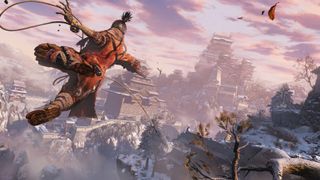
There’s an abundance of skills to learn in Sekiro, and most involve learning something new. New combat abilities, new prosthetic tools… these all require me to re-configure the way I handle the buttons on my controller. If I eavesdrop and pay attention to cues, I can work out ways to fell enemies better. But after an hour (often much longer) whittling away at a mini-boss, there’s always another insurmountable fight just around the corner. Hence more lessons, more factors to adapt to. Sekiro’s focus on consequential encounters—its abundance of mini-bosses—means I spend most of the time unpacking the finer details of beating an enemy, and far less time exploring the world.
Far be it from me to expound on the broader narrative themes of Sekiro—I haven’t finished it and trust me, I won’t. But there’s an undeniable clarity in From’s approach to combat here: every problem has its own complex solution, there is no coasting along, there is no reliable rhythm or “loop” in which to find solace. Some encounters punish you for running, others require it, some punish you for jumping or dodging, others insist. Even the sandbox-style stealth arenas tend to play out like process-of-elimination puzzles, they feel like Hotline Miami-style infiltrations. Dexterity is a huge focus in Sekiro, but so is unpacking situational riddles. It’s a bit like a puzzle game, and I hate puzzle games.
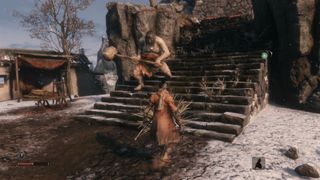
I’ve beaten the horseback guy, I’ve beaten the raging fiery bull, I’ve flung myself around the rooftop outskirts of the Ashina Castle, and I’ve seen how the game brushes out in all directions and begins to reward exploration. But I’m not going to complete this game, I know it in my bones. And it’s not because life is too short to punish myself so severely. To be honest, life feels very long to me. But Sekiro has forced me to realise that nowadays when I play a videogame I want to be rewarded with numbers and back-pats and superfluous indicators of progress.
I tend to frown upon these indicators even while I’m undeniably prone to their effects. I sometimes lay awake in bed thinking about how I’ve reached level 30 in The Division 2, or how gratifying it is to have fully cleared an area of its SHD Caches. I’ve ticked all the boxes, mopped up so to speak. Sometimes in life, which is complex and hard at the best of times, achievable goals and milestones are few and far between so we find solace in games. But in Sekiro, my progress is measured mostly by how well I’ve learned this infinitely complex sword-fighting game. And I won’t learn it, or at least, I won’t have learned it until the very end. And that’s an end I won’t see. I know it, because even after I beat the horseback guy, even after I beat the fiery bull, my trembling hands dropped the controller and I just wanted to switch the damn thing off.
The biggest gaming news, reviews and hardware deals
Keep up to date with the most important stories and the best deals, as picked by the PC Gamer team.
I’m lucky I didn’t put my hand up to review Sekiro. I was tempted to, because I’d completed every Soulsborne game. But PC Gamer wouldn’t have a review of Sekiro if that task had fallen to me. Perhaps the CEO of PC Gamer would have sacked me, my family would have disowned me, perhaps I’d need to move out and for lack of a job, I’d need to live in a cave and gradually go insane. I dodged a bullet there. I’m not going to finish Sekiro.

Shaun Prescott is the Australian editor of PC Gamer. With over ten years experience covering the games industry, his work has appeared on GamesRadar+, TechRadar, The Guardian, PLAY Magazine, the Sydney Morning Herald, and more. Specific interests include indie games, obscure Metroidvanias, speedrunning, experimental games and FPSs. He thinks Lulu by Metallica and Lou Reed is an all-time classic that will receive its due critical reappraisal one day.
